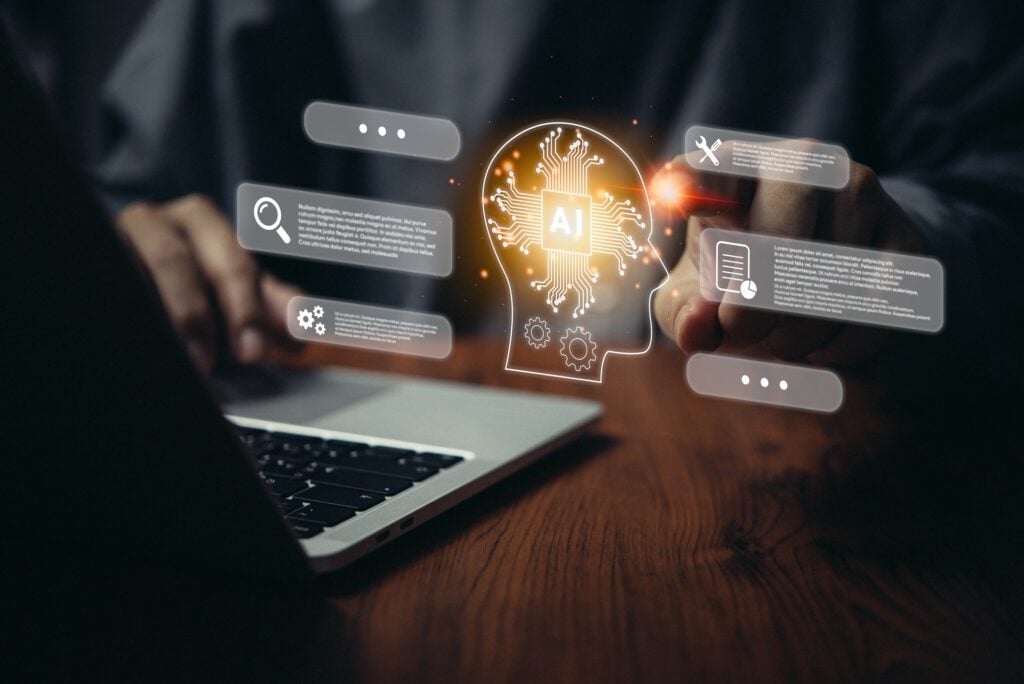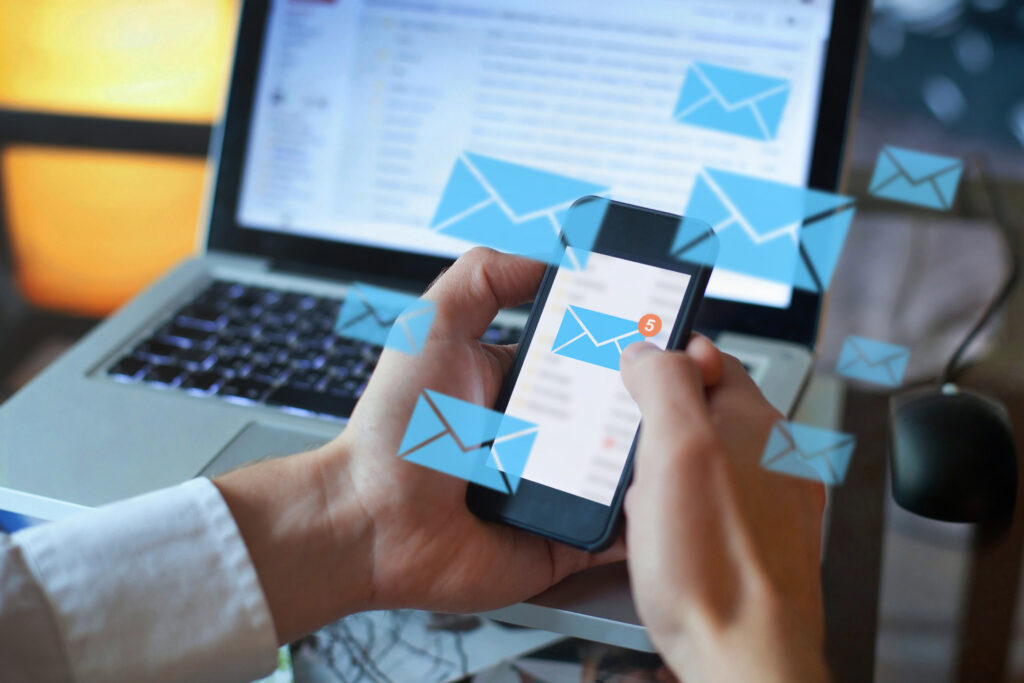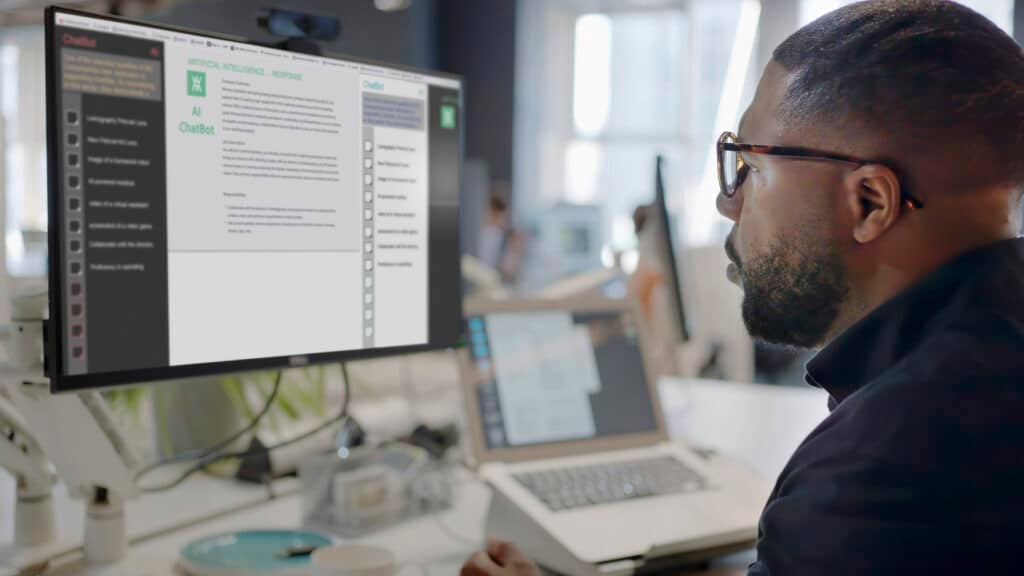AI generated content is currently a big buzz word and almost everyone has experimented with it, if not used it for business purposes. While it’s been a testament to the development of technology, we need to discuss the concerns regarding copyright, content ownership and the attribution of content.
AI’s utilisation for personal usage hasn’t been an issue, but commercial purposes have become murky waters. What happens when businesses utilise images or copy for advertisements? Can they be sued? Are they any legalities around it?
Let’s find out.
Understanding AI generated content
AI has many more functionalities than simply writing articles and creating images. Currently, AI is generating a lot of content such as:
• News articles
• Social media posts
• Product descriptions
• Website meta descriptions
• Animations
• Videos
• Code
• Entire books
People are able to take concepts from their mind and create them instantly, without any downtime or requiring any skill related in the production of it. Of course, AI does need detailed and well thought inputs to deliver the best result, but this is rather simple after enough trial and error.
What makes AI so useful, is the speed in which a task is completed. This gives people the ability to test and scrap multiple ideas within minutes. Typically, you would be working on image creation for two hours, but with AI it can now be completed in one minute.
Ownership of AI generated content
AI technology is so new that there is no certainty on who owns AI generated content.
But there are some general guidelines to follow. For work to be protected by copyright, it needs to be ‘a form of expression of ideas’. This would assume that it requires independent intellectual effort, but realistically how much human input goes into AI generated work?
This is where some content is more likely to be copyright protected than others.
For example:
A person types “create a 4k image render of a person in a tropical forest”. The user then download this image and uses it on their website. Someone finds the image from their website and downloads it to use on their own website.
So who owns it?
In this situation, it’s unlikely that the original prompt writer can copyright strike them.
Why? Because there wasn’t enough intellectual input by a human to copyright the ‘expression of the idea’. Another person could’ve very easily typed the same prompt and eventually received the same image created by the AI software. But on the other hand, if a lot of editing was done to the AI generated image, then a copyright strike can be justified.
The same can be said for an article generated by Chat GPT. The unique ideas entered into the prompt might hold copyright, but the AI generated content itself wouldn’t. A significant amount of editing to the article would assumedly give the writer copyright protection, but copy pasting the article in its raw form wouldn’t.
Can AI own copyright?
The answer to this questions creates a juxtaposition situation.
Unless it’s further clarified by lawmakers, then the current copyright structure doesn’t recognise AI as an owner.
So if ownership is akin to being human, but at the same time people can’t own copyright over a single sentence prompt – who owns it?
This is why most people are sticking to the general guidelines mentioned above. People which attempt to claim ownership over AI generated content are now unable to get away with blatantly lying. Now that AI detection software exists for free, any piece of work can be entered and scanned for AI.
How can I avoid a copyright strike?
Some AI platforms disclose if you have ownership over the content it produces. For example, AI image generating software Midjourney, clearly states that the user owns all content produced by the AI.
Extensively observing policy guidelines for each software will ensure businesses stay out of trouble and is best practice when utilising AI for commercial work.
People who read this article also read:










